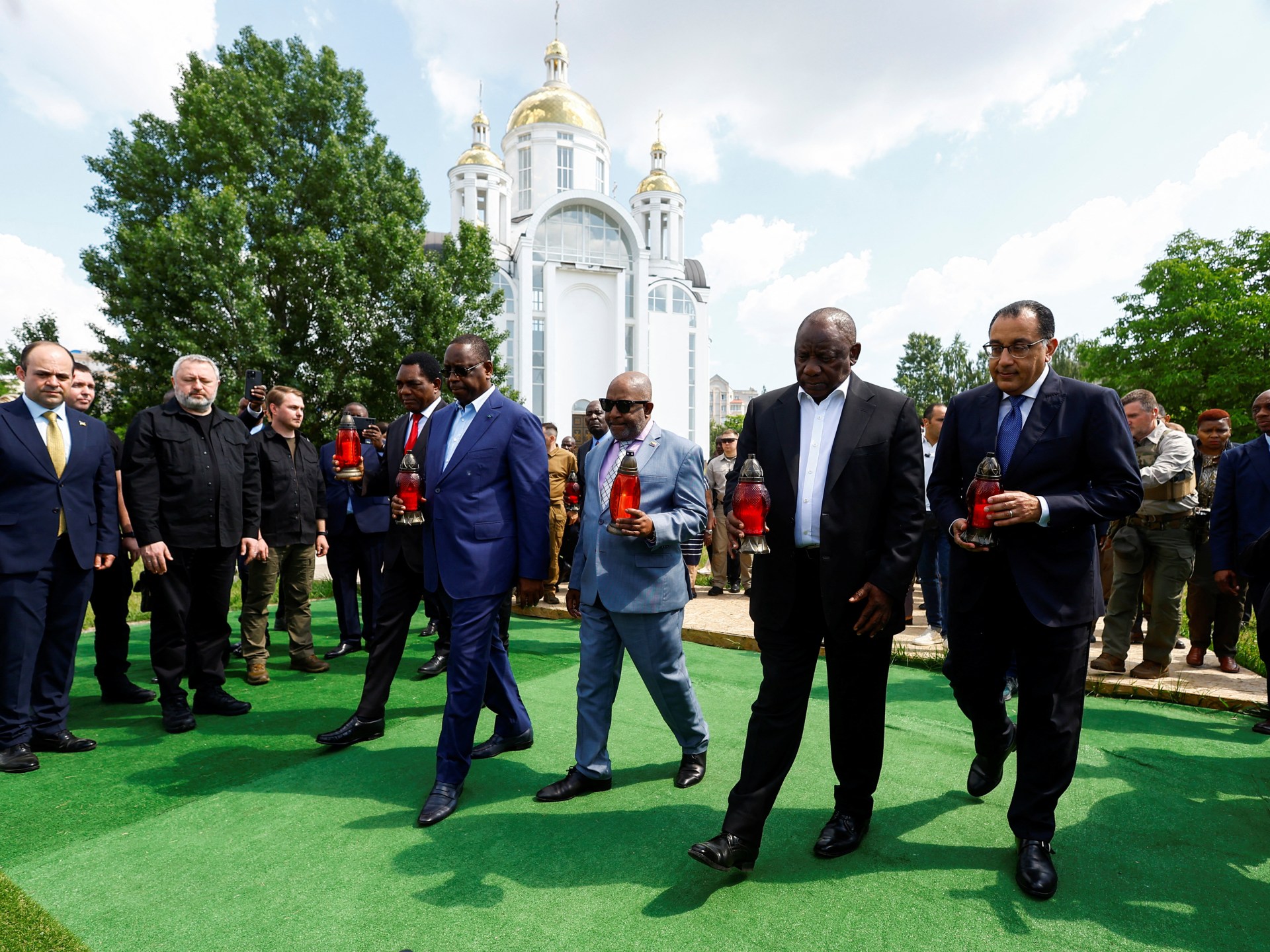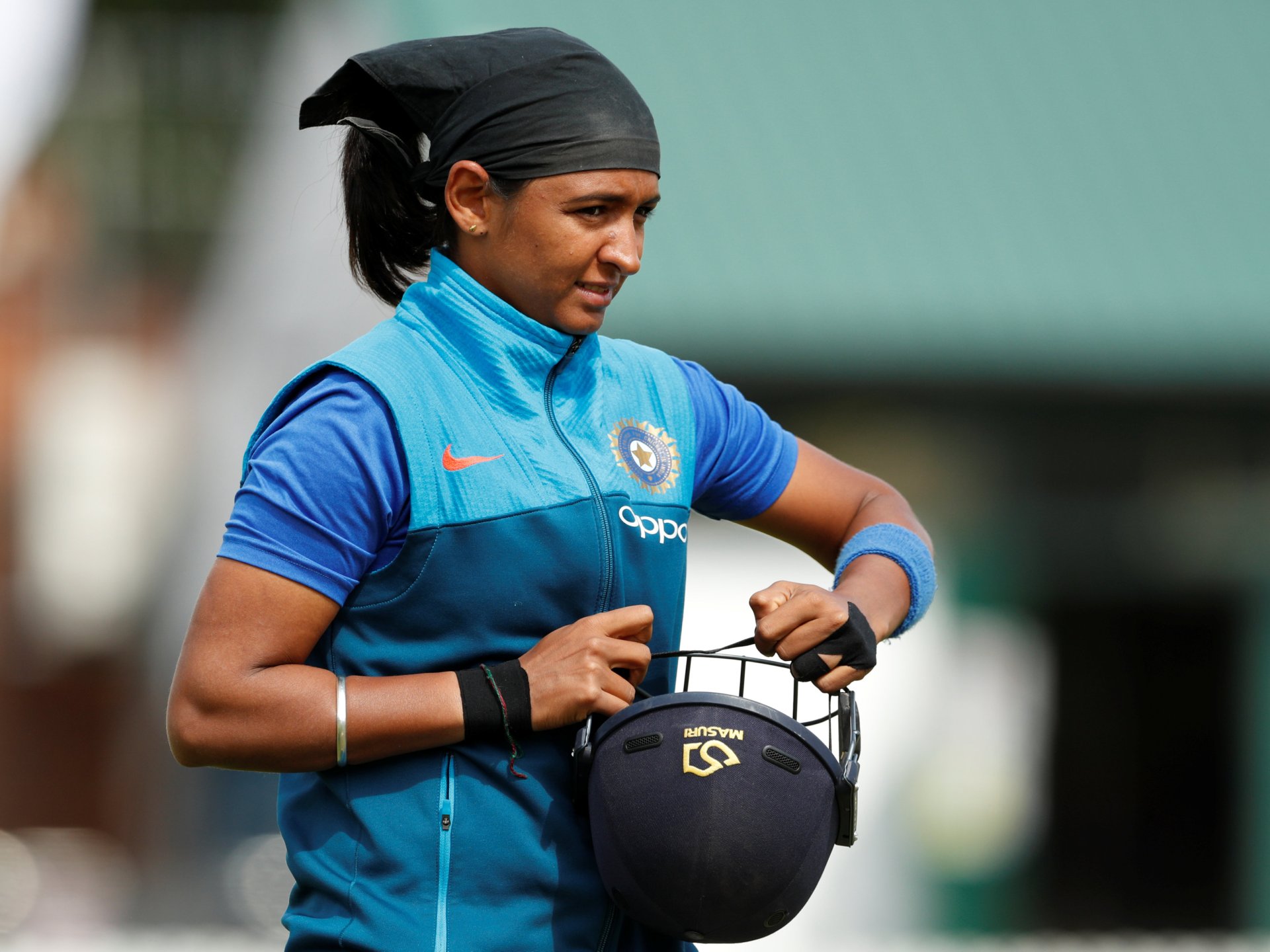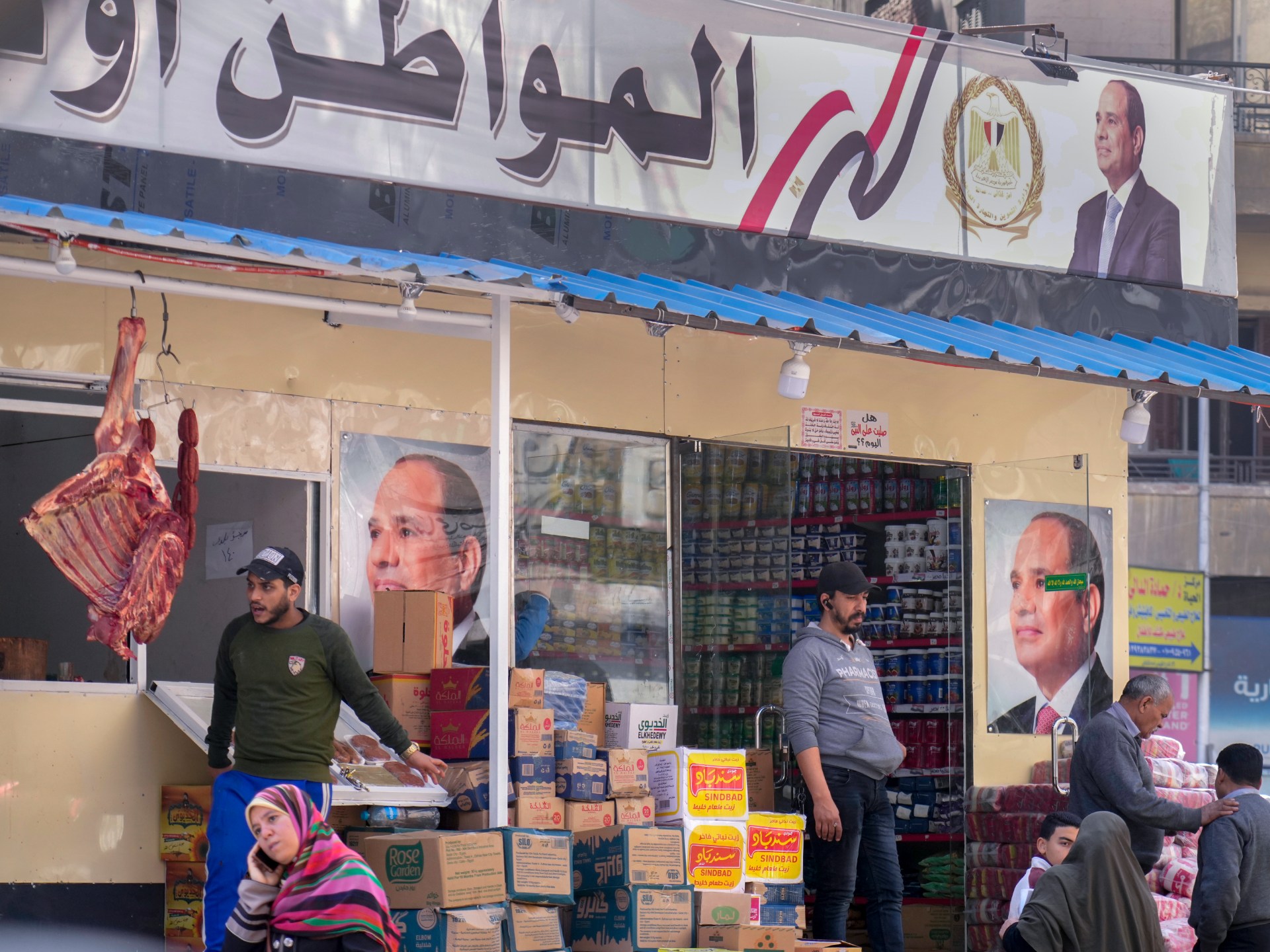
Cape Town, South Africa – Over the weekend, a quartet of African leaders led by South African President Cyril Ramaphosa returned from a trip to Russia and Ukraine as part of efforts to resolve the war between the countries.
Dubbed a “peace mission” by the group, the trip puzzled many observers.
Since Russia invaded Ukraine in February 2022, many African countries have remained openly neutral and refrained from voting against Russia at UN meetings.
In March, the International Criminal Court issued an arrest warrant for Russian President Vladimir Putin. South Africa’s apparent reluctance to execute that writ during Putin’s expected visit to Cape Town this August is being interpreted as Pretoria pandering to Moscow.
Recent allegations by the US ambassador to South Africa that Pretoria is supplying arms to Moscow have also put South Africa in a diplomatic dilemma.
That was before this month’s visit. Reportedly brokered by Algerian-born French businessman Jean-Yves Olivier, it had no support from the African Union.
And it was almost thwarted by several unforeseen circumstances.
First, three members of the core team – Egypt’s Abdel Fattah el-Sisi, Republic of Congo President Denis Sassou Nguesso and Uganda’s Yoweri Museveni – canceled days before the trip. A known associate of Olivier Nguesso.
And then there was the logistical nightmare involving South African security officials. A plane carrying 15 containers of journalists, security personnel and weapons from Johannesburg was intercepted at Warsaw airport by Polish authorities.
Three days later, the plane returned to Johannesburg because Warsaw insisted that the South Africans did not have the proper mission papers.
Despite these setbacks, Ramaphosa, Senegalese leader Macky Sall, Zambian President Hakainde Hichilema and Comoros President Azali Assumani, who also holds the AU’s rotating chair, eventually made it. So did representatives of the Ugandan and Egyptian leaders.
The group met Ukraine’s Volodymyr Zelensky in Kiev before heading to Moscow to meet Russia’s Vladimir Putin.
The delegation presented a 10-point plan that included the repatriation of prisoners of war and children to their countries of origin and the unhindered export of grain through the Black Sea. But that effort has not yielded any results yet.
During a joint press conference with the African delegation, Zelensky reiterated that there would be no peace deal while Russia continued to occupy parts of Ukraine, telling reporters that allowing any such dialogue would “suspend the war, freeze everything: pain and suffering. “
Russian Foreign Minister Sergei Lavrov said in televised remarks that Moscow shared “the main approach” to the African plan, but Kremlin spokesman Dmitry Peskov was quoted by Russian news agencies as saying that peace was “hard to feel”.
While the African delegation was in Kiev, Russian missiles came under fire in Ukraine, forcing the visiting delegation to take shelter in bomb shelters.
‘an attempt … to punch above its weight’
The travel blunders have sparked a backlash in Africa, particularly in South Africa.
The mission was “an attempt to ensure that the country can punch above its weight in the global context … but South Africa has largely fallen flat due to its foreign policy naivety”, Ayesha Kazi, a research fellow at Johannesburg-based Think Africa, told Asia Dialogues, Al Jazeera. Said
Qazi told Al Jazeera that “the weakness of the mission is that Africa has not been able to resolve its own conflicts”.
The leftist opposition Economic Freedom Fighters (EFF) group mocked Ramaphosa and the mission while condemning the Polish authorities.
“The South African head of state had to travel to Kiev in a compromised state, a war zone, without his security detail. This is an unacceptable and deliberate form of humiliation,” the statement said.
“While Cyril Ramaphosa is an incompetent and corrupt buffoon of imperialism who is incapable of taking a firm stand on the conflict between Russia and Ukraine, the South African state and our sovereignty were undermined by him.”
For some analysts, although the mission did not achieve any immediate success, it presented an opportunity for Africa to discuss first-hand the impact of the war – particularly on food security – on millions of people across the continent, from Antananarivo to Addis Ababa and Cape Town. in cairo
According to the African Development Bank, the war has resulted in a shortage of about 30 million tonnes of grain in Africa.
“It was a good thing that Africa was able to express itself around the conflict … some say Africa had no business going there if we had a conflict here,” Christopher Afoke IC, professor of African politics and international relations at the University of Pretoria, told Al Jazeera.
“[But] Conflicts are directly affecting us with grain exports and fertilizer shortages … war threatens Africa; More than the conflict in Sudan. It was a matter of continental interest,” he added.
‘Ramaphosa’s Ego Trip’
Meanwhile, Ramaphosa hailed the initiative as “historic”, saying the delegation had taken “a non-aligned position” on the matter, which “gave credibility to the mission and engendered confidence on both sides”.
“Another aspect of the peace proposal raised by African leaders is the initiation of movement of grain across the Black Sea to reach world markets from Russia or Ukraine,” Ramaphosa added in his newsletter this week.
But there is still a perception that Ramaphosa, who led the delegation, wanted to score points abroad as he faced a barrage of problems at home.
National power utility Eskom is still struggling to resolve repeated blackouts of 12 or more hours nationwide, despite Ramaphosa appointing an electricity minister. And the rising cost of living made the president increasingly unpopular.
John Steenhuisen of the main opposition Democratic Alliance told Al Jazeera that millions of rands of taxpayer funds had been wasted on the trip, which he said was “designed to spin a completely incapacitated Ramaphosa out of trouble because of Ramaphosa’s ongoing support for Russian dictator Vladimir Putin”.
“He even took an entire team of journalists to Europe in the obvious hope that they would help protect his battered political image, Steenhuisen said. “Ramaphosa’s ego trip to Europe has backfired spectacularly.”
“We were collateral damage,” Lindsay Dentlinger, a broadcast journalist on the trip, said in an interview with a local radio station. “SA was a bureaucratic bungalow on the side.”
Source link




